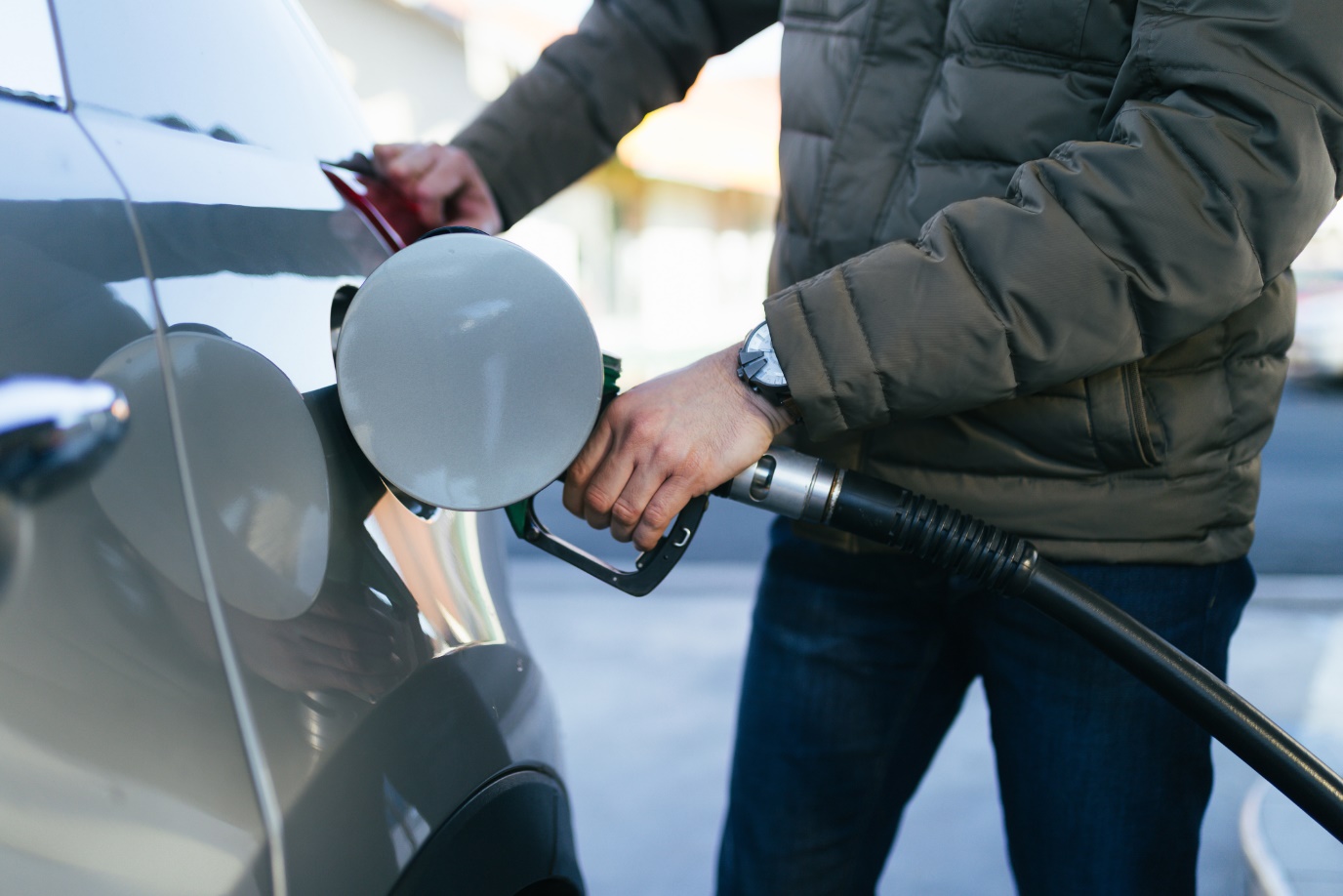How does tyre pressure affect fuel mileage?
Author Name –
Jack Underwood
23 May 2019
12 people
Drivers all over the country understand that the cost of driving can mount quickly, but not everyone knows that regular maintenance of your tyre pressure can have a positive effect on your vehicle’s mileage. Learn how your tyre pressure can be used to improve fuel efficiency here, ensuring that you can make the most of the money that you invest in your car.

Generally speaking, any maintenance you perform on your car will save you money. Whether it’s regular engine coolant checks or altering your driving style, simple changes to your car habits can alter the longevity and performance of your vehicle. Tyre pressure is one of many contributing factors that can affect mileage but, luckily, sub-optimal tyre pressure is very easy to remedy. Simply find out your correct tyre pressure online, and then add or remove air accordingly.
What is fuel mileage?
Fuel mileage refers to the number of miles that a vehicle can travel using any given amount of fuel. It’s often measured in MPG, or miles per gallon, which refers to how many miles one gallon of fuel will get you, hypothetically.
Good fuel mileage means that less fuel will be consumed per mile (in other words – the same amount of fuel will get you further than it would in a less efficient car). For example, if a vehicle that you’re considering buying has 50MPG, and a competitor has 40MPG, the more economical car is the one with the higher number. Knowing your vehicle’s fuel mileage is relatively important, as it can help you to save money on the long-term costs of running your car.
Does tyre pressure affect fuel consumption?
Tyre pressure is one of the factors that affects fuel consumption. The weight of your car should be evenly distributed over a wide surface area along each wheel of your car. A perfectly inflated tyre will distribute the car’s weight efficiently, ensuring even wear across the whole tyre.
An underinflated tyre will sag at each side, causing the rolling resistance to be increased. More energy is required to overcome this rolling resistance, which means more fuel is needed. Therefore, your car’s fuel consumption will be higher if your tyres are underinflated.
Should I overinflate my tyres to increase fuel mileage?
In theory, higher pressures should reduce friction and therefore require less fuel. However, stiffer tyres can’t adapt to irregularities in the road as readily, meaning that more energy is required to propel the car further. Overinflated tyres can also be dangerous as they can wear out prematurely, lose traction or in some cases, blow out.
To make a real difference your vehicle’s fuel efficiency, you will need to approach the issue from a few different angles: consider altering your driving style, committing to more regular car maintenance and of course, regularly checking that your tyre pressures are correct.

Jack Underwood
Did you enjoy this blog post?
|
12 people found this review helpful